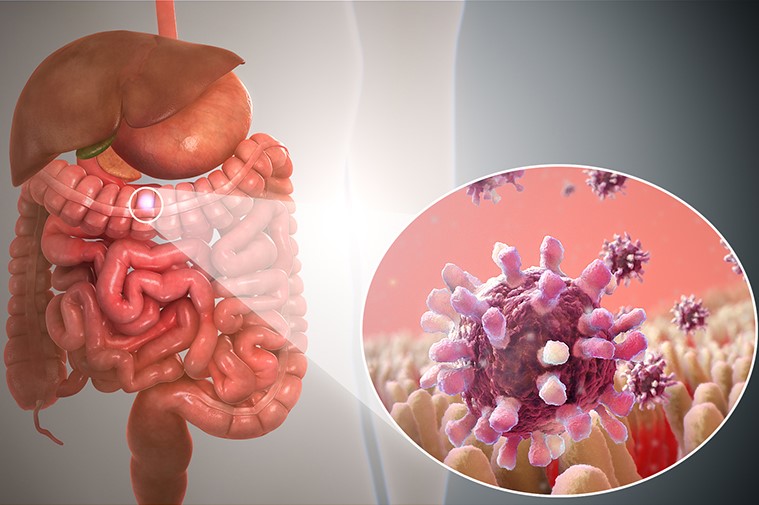
Intestinal virus: what to eat and how to treat gastroenteritis
Gastroenteritis is a fairly common infectious disease, also known as ‘stomach flu’, caused by certain bacteria or viruses
The bacteria most frequently responsible are salmonella, shigella, campylobacter and clostridium difficile, while the viruses most commonly involved are rotavirus, astrovirus, norovirus and enteric adenovirus.
Typical symptoms of gastroenteritis are pain and cramping in the area of the intestine, nausea, vomiting or diarrhoea, sometimes accompanied by fever
These manifestations usually last for a few days, while the disease is considered to have resolved completely over a longer period of time.
Depending on the severity of the symptoms, it may be necessary to have recourse to drug therapy, but most of the time only supportive therapy with attention to diet and lifestyle is sufficient.
Gastroenteritis: what to eat?
The first rule in the presence of gastroenteritis is to hydrate as much as possible, especially in the case of vomiting or diarrhoea, which cause an excessive loss of mineral salts and fluids that it is important to replenish immediately.
In addition to water, tea and herbal teas can be added, as well as vegetable or meat broth.
When the liquids can be tolerated without disturbance and the appetite begins to return, you can gradually start eating rice, pasta, bread, potatoes (and in general all complex carbohydrates), white meat and fish.
Raw vegetables and fruit can increase bowel movements as they are rich in fibre and should therefore be avoided.
Whole-grain products, fatty foods, particularly salty foods, spices and sauces are also not recommended.
Milk and its derivatives should also be avoided: during gastroenteritis, lactase enzymes, which allow lactose to be digested, are diminished, so taking them can lead to increased dysentery.
Caffeine should also be reduced, as it increases intestinal motility, as should alcohol, which has a diuretic effect and can aggravate intestinal symptoms.
Medications against gastroenteritis
If necessary, the doctor may recommend taking anti-emetic drugs, which reduce nausea and vomiting, or anti-diarrhoeal drugs, which reduce the motility of the digestive system, especially if the patient is in a condition where he cannot go to the bathroom more often than usual.
Probiotics are also useful for restoring intestinal flora.
As far as antibiotics are concerned, however, unless otherwise prescribed by the doctor, it is not usually necessary to use them.
If, however, the symptoms do not improve within a couple of days, it is advisable to consult a doctor.
Read Also:
Emergency Live Even More…Live: Download The New Free App Of Your Newspaper For IOS And Android
Raising The Bar For Pediatric Trauma Care: Analysis And Solutions In The US
Pinworms Infestation: How To Treat A Paediatric Patient With Enterobiasis (Oxyuriasis)
Intestinal Infections: How Is Dientamoeba Fragilis Infection Contracted?
Gastrointestinal Disorders Caused By NSAIDs: What They Are, What Problems They Cause


